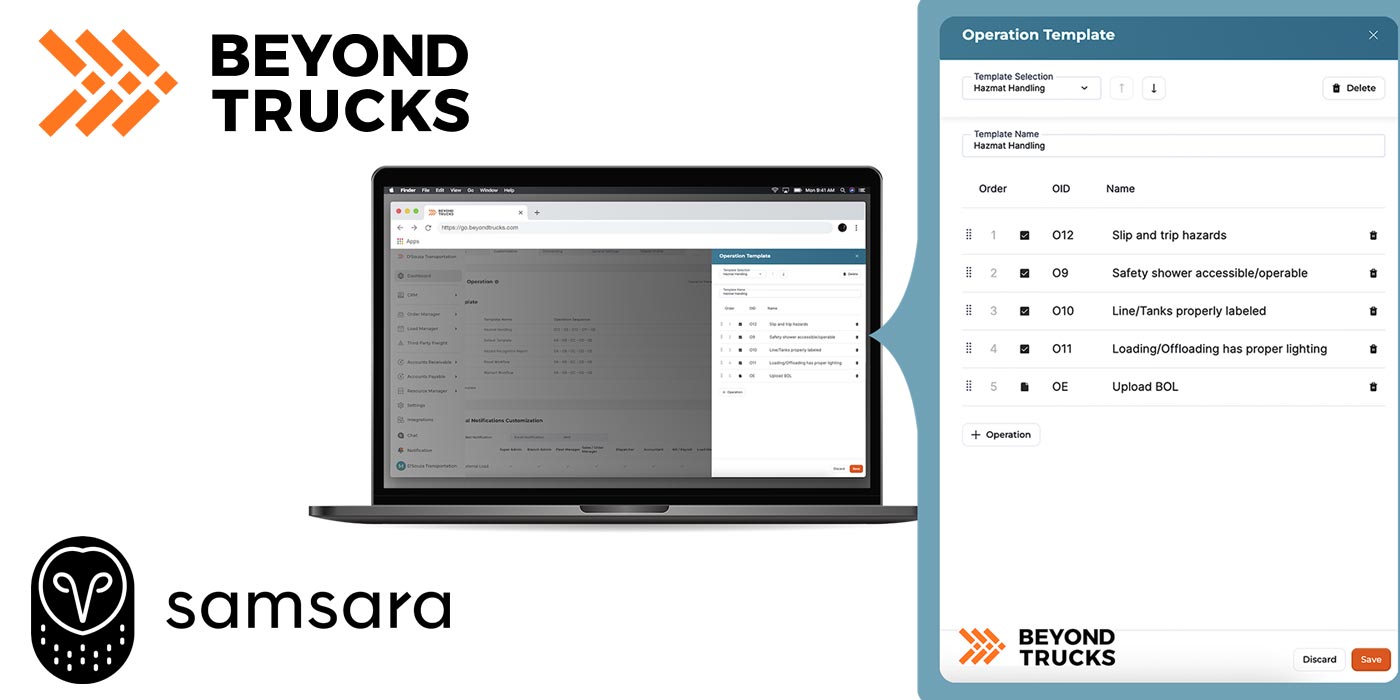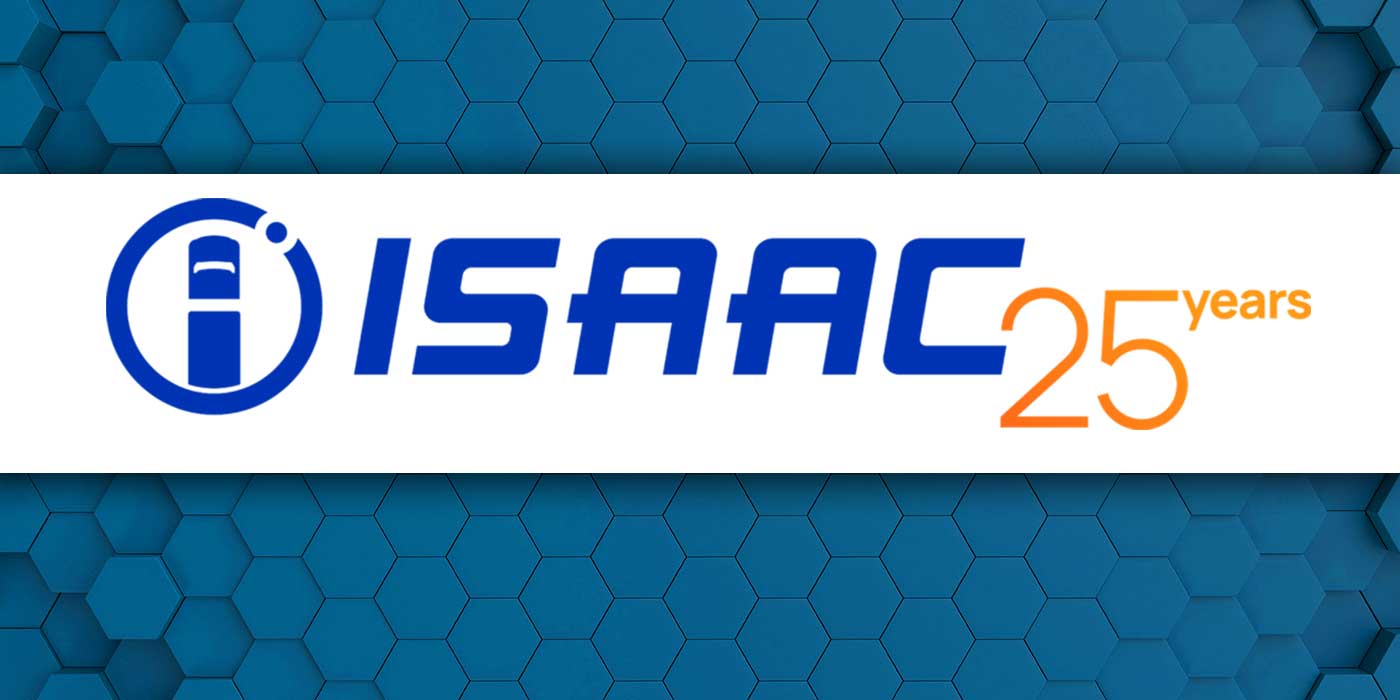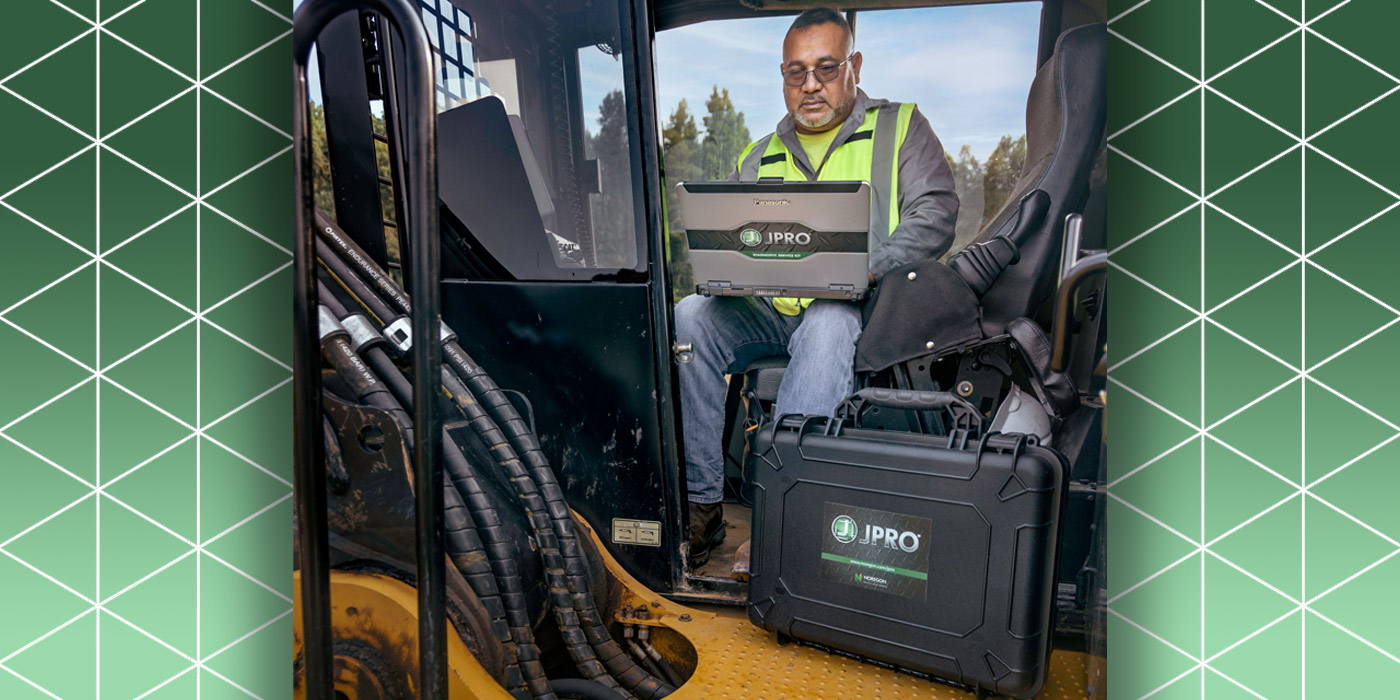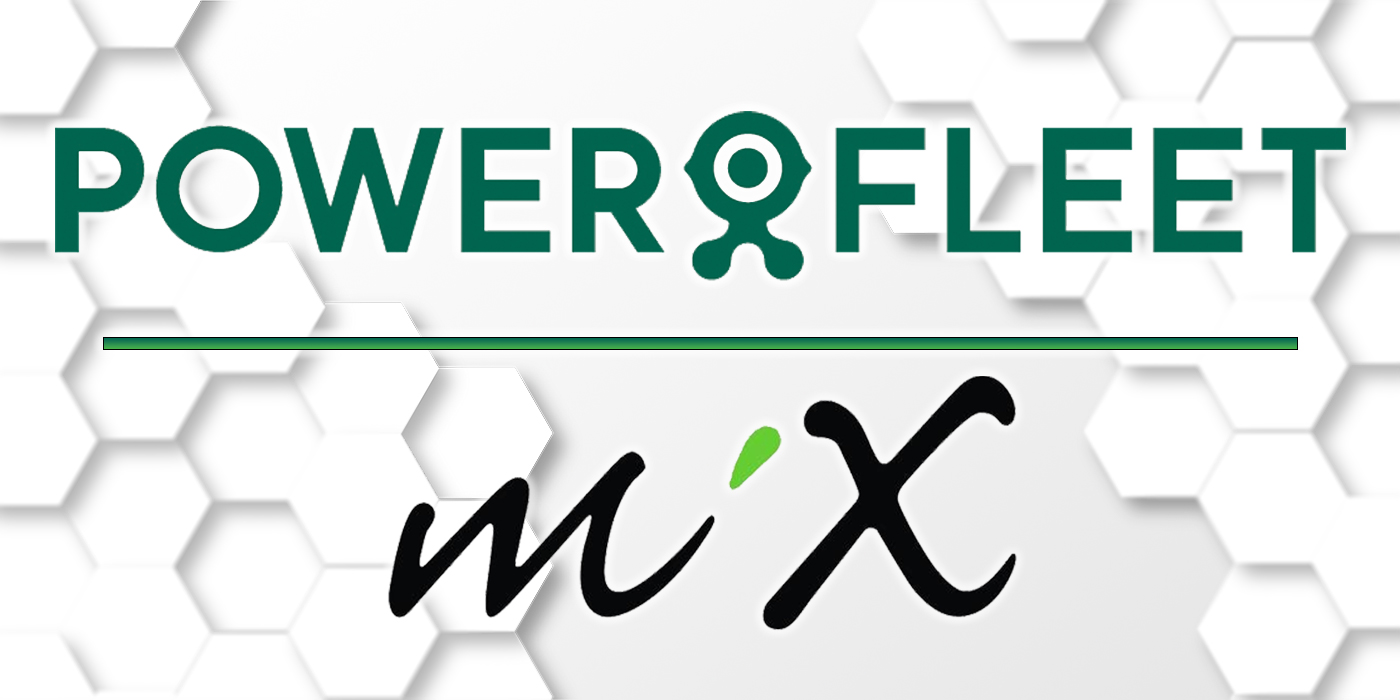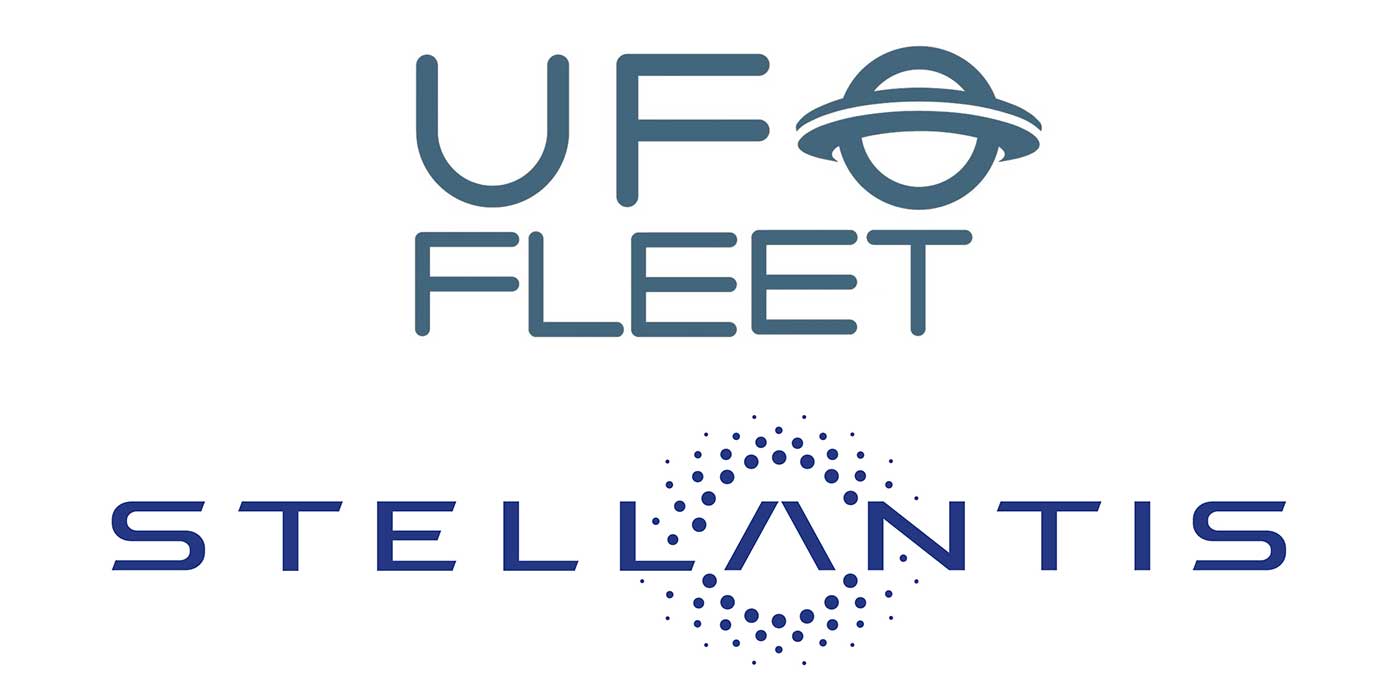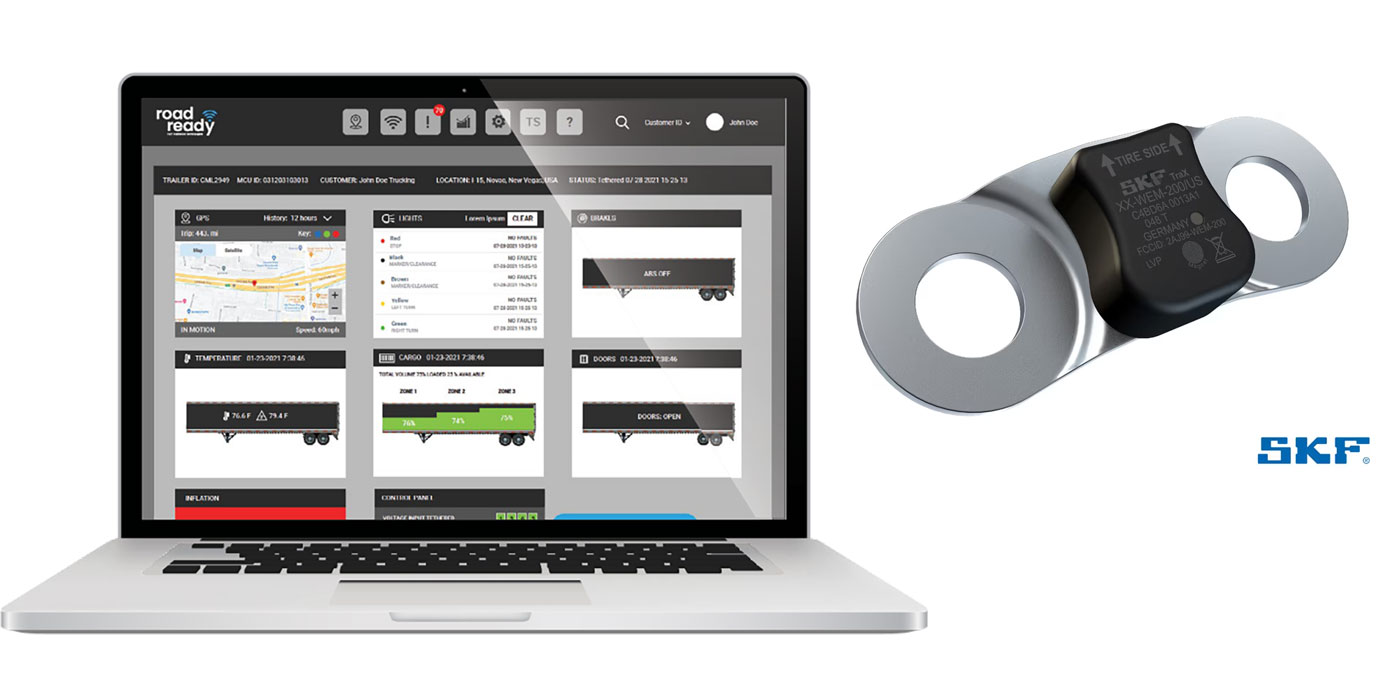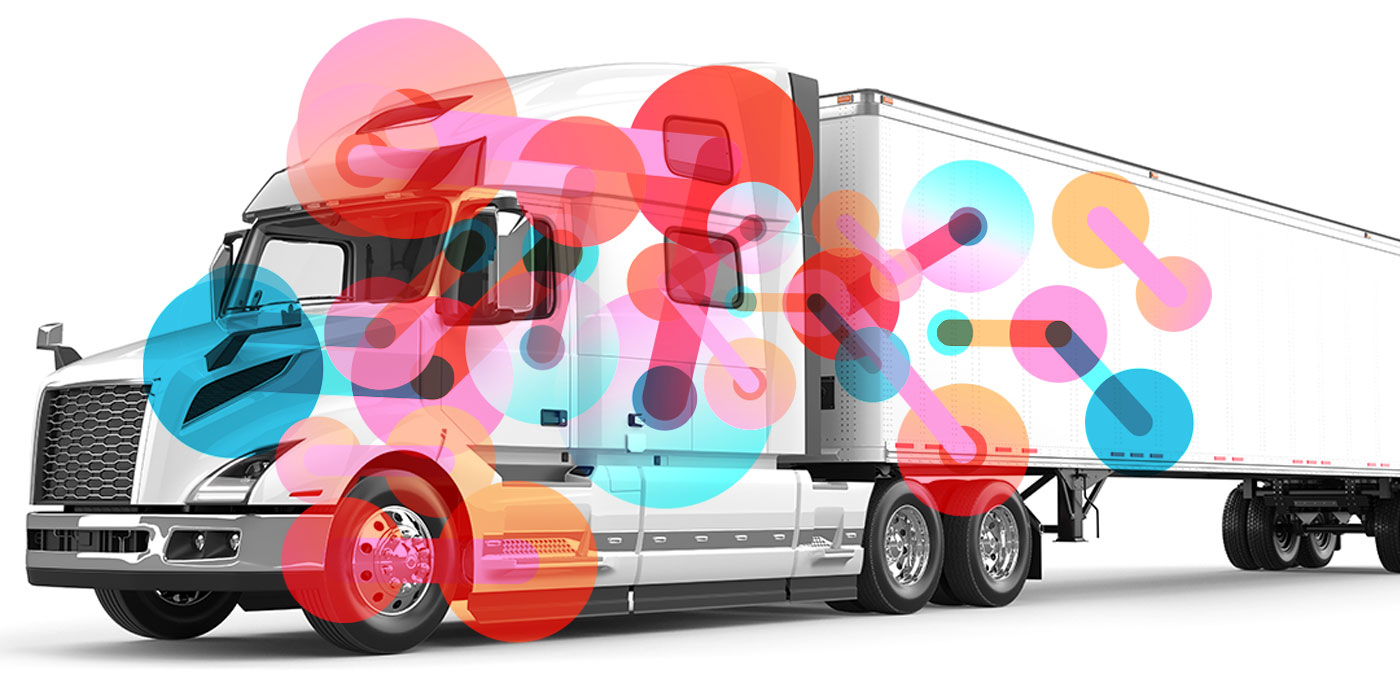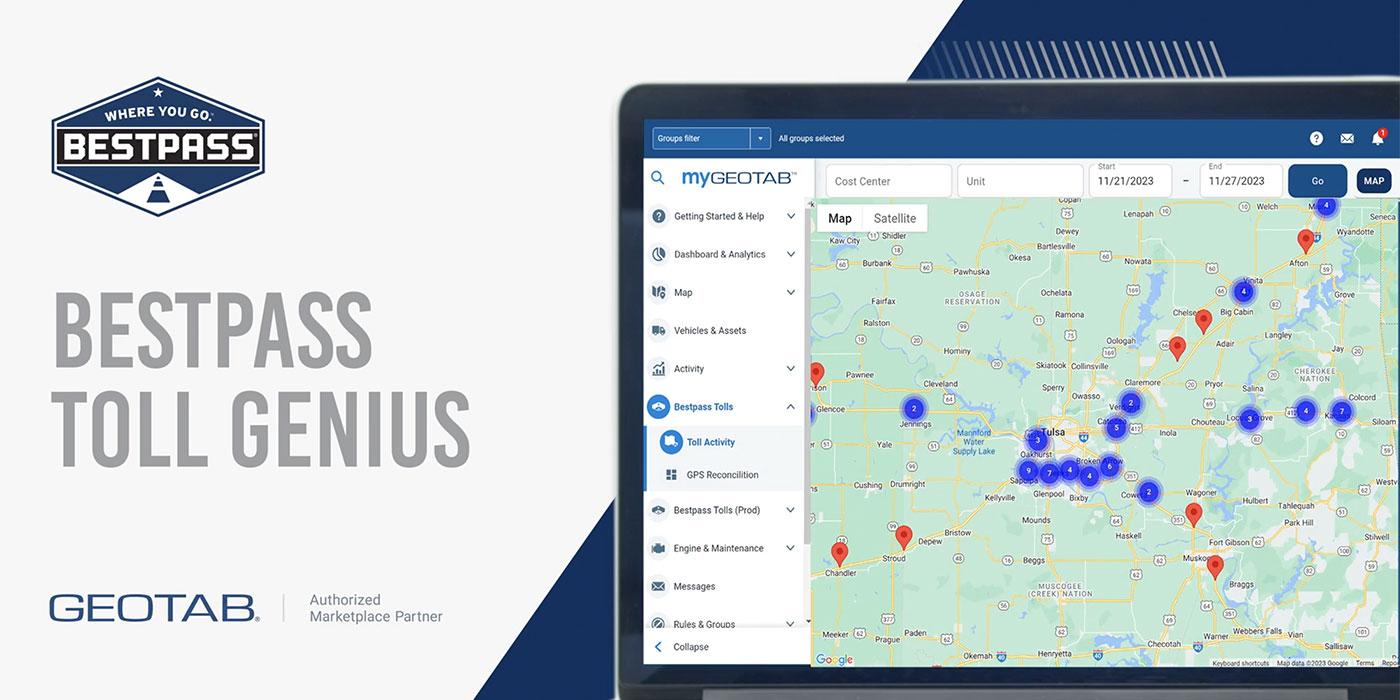Forget what you’ve heard. Forget what you’ve read. While the mantra in the industry has been that “fleets own their data,” the actual ownership of your information is determined by the end-user license agreements (EULAs) you have with your data service providers, from OEMs to third party providers. Today’s reality is that you only own what your EULAs say you own.
That’s not to say that you need to own your data. The fact is that most fleets don’t have the capital to invest in their own data centers, programmers, analysts, etc. Even if you did, why would you? The market offers mind-boggling data-driven solutions that can help boost your fleet’s productivity and efficiency today. When we say “own,” what we are commonly talking about are all the things that are implicit with ownership. Instead of asking—“Who owns the data?”—there are two more important questions that need to be addressed:
- How is my data being used?
- What control do I have over its use?
“Data security is a major concern,” said Robert Rosales, IT director for Oak Harbor Freight Lines Inc. “Data could be shared, sold to other companies and/or used for cyber attack. Fleets may still own the data, but where the data resides is not necessarily on a company-owned system and, consequently, data security implementation is at the hands of system provider.”
What data?
Before we jump into the nitty-gritty, let’s make sure we’re on the same page. Here’s quick snapshot of the information streaming off of your trucks that are enabled with telematics devices (be it OEM or third-party):
- Fuel consumption;
- Speed;
- Settings;
- Emissions;
- Engine performance;
- Gearing;
- RPM;
- Altitude;
- Geolocation;
- Operational safety information (i.e. hard braking incidents);
- Environmental information (i.e. is it raining, snowing, etc.?);
- Vehicle performance;
- Diagnostics data; and
- Fault codes.
Add it all up and telematics is clearly a binary representation of your trucks’ operations. That’s not news, but consider for a moment who has visibility into your data: OEMs, third-party providers, and you. That’s the assumption, but know that there are telematics companies in the trucking space who would have no problem selling your data to investors or even your competitors.
“Some telematics companies, in addition to the money they make from licensing fees for services, will resell all the tracking data to third-party companies or reseller, then all that data is then resold to other people,” said Dan Khasis, founder of Route4Me, a route optimization software platform that’s growing in the commercial truck market. “If you’re a small fleet, you typically don’t have a lot of negotiating power. If you have 500 vehicles or more, then you can say, ‘I want you to guarantee that my data is not going to be sold,’ and you’re still going to get a lot of pushback.”
How is your data being used?
Getting back to the first question you should ask any telematics or data-driven solutions provider, the two most common words you’ll likely hear are: anonymized and aggregated.
Anonymized means that your trucks’ identification information is removed from the data, and aggregated means that it’s thrown into the pile of data from other trucks.
Anonymized data is a good thing, but you’ll want to follow up with the question: How do you test your anonymized data’s security?
Data breaches happen, and the last thing you’d want is for your identification information to be uncovered by data thieves who shouldn’t have it in the first place.
The next question is usually: Can you not aggregate my data? This one is more difficult to answer.
“It all goes back to the agreement,” Khasis said. “Take GPS tracking data. Some of the most innovative solutions we’re developing can’t be done without that data. So if you have of hundreds of thousands of trucks driving around and one fleet says that they don’t want us to have their data, how do you go back to access two, three, or four years of data; to take five records out of a trillion records? Is it even practical?”
Khasis, whose background is database structure, said that the majority of today’s telematics platforms do not have the capability to easily or effectively go back in time to erase certain types of data, especially if they’re doing off-site backups.
“Let’s say that you have an agreement with a vendor, and you ask them to erase your data from their system or the relationship is terminated,” Khasis continued. “The capabilities of making that happen are very low. Some of the big fleets have gotten smart about it and have asked for data to be removed from their production system, or live system. They recognize you can’t go back in time and erase it from the data warehouse completely.”
That leads us to question two.
What control do you have over its use?
You’ll want your telematics provider to answer this up front because once you agree to the EULA, that agreement now defines what control you have over your data. While it’s easy to let the paranoia take hold, know that there are companies out there looking after your best interests. The key is having the right conversations and knowing with whom you’re partnering.
“I have seen no misuse from any of our providers at this time,” said Peter Nativo, vice president of fleet solutions with Oakley Transport. “We use several different provides and they provide us with a service and have access to our fleet information; we have had request to share and in some cases we have shared data.”
When asked about data usage concerns by OEMs and third-party suppliers alike, Southeastern Freight Lines (SEFL) answered succinctly: “None.”
“We control what data is fed to which third parties through a contractual agreement with our telematics service providers [TSPs],” said Bill Brown, who retired as SEFL’s manager of fleet telematics and is now a SEFL consultant. “We have no reason to believe any of our TSPs are violating the contracts or our NDAs. Our data service and telematics service providers are all top-tier companies with impeccable reputations.”
That said, SEFL also indicated that data can still be hard to access. “At least one OEM exclusively utilizes the SAE-permitted use of proprietary faults, making access to our fault data on those trucks very difficult; it’s impossible without the OEM-provided software and/or the OEM-endorsed TSP. Several OEMs utilize the SAE-permitted proprietary faults to a lesser degree, but that still makes access to fault data more difficult than is necessary, in our opinion.”
There’s a lot of good that can come from data collection, analysis and sharing. Information is driving equipment innovation, efficiency and productivity. But there are two sides to the coin, and you don’t want your data used against you. You need to have the data usage conversation with your partners and providers. The days of trusting the industry refrain of “fleets own their data” are over. You need to ask questions, educate yourself and go with your gut on who to trust with your trucks’ information.
Fleet Equipment is here to help. Our December issue is packed with data-related stories, including:
You can find tips on navigating end-user license agreements here.
Data integration: Who has access to your data?
Geotab shares its vision of a data-driven future here.
Lastly, we crown data as our ‘Equipment Trend of the Year’ here.


